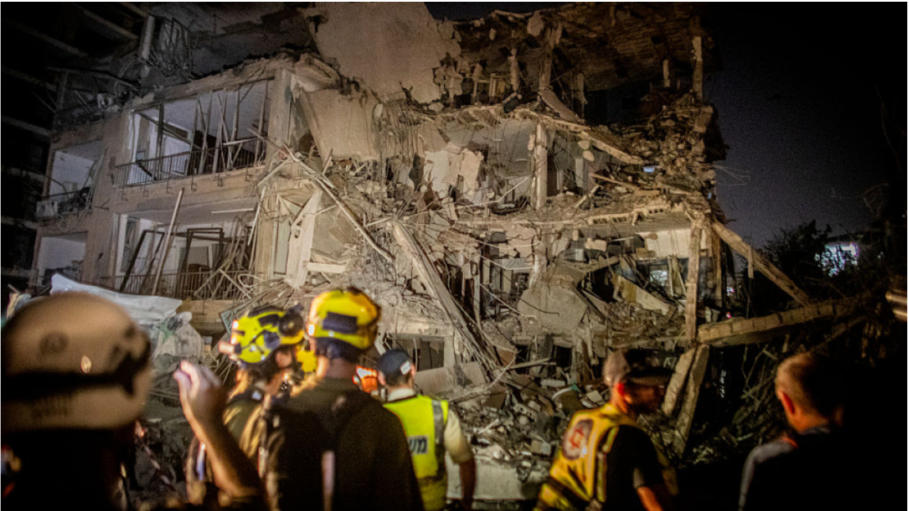In the wake of Iran’s ballistic missile strikes and Israel’s retaliatory air raids, both sides have seen significant disruptions—not only on the battlefield but across Israeli industry, from oil refineries to consumer-facing brands such as footwear companies.
Stock Market Resilience vs. Sectoral Disruption
Israel’s markets display surprising resilience: the Tel Aviv‑35 index and TA‑125 rebounded roughly 0.8% after initial drops during the first post‑attack trading session. The Bank of Israel reiterated normal business operations, stressing economic stability.
However, the conflict’s localized disruption—factory cautionary closures, logistics bottlenecks, and consumer access limitations—has begun to resonate across industries.
Logistics Slowdowns and Retail Olympus
Iranian missiles damaged infrastructure around Haifa, including a key oil refinery, prompting temporary shutdowns of downstream facilities.
Transportation routes connecting retail hubs have been affected, hampering manufacturing-linked supply chains.
Manufacturing clusters in northern Israel—home to several leather- and textile-based factories—have been placed on heightened alert, with intermittent work stoppages amid air-raid sirens and safety drills.
Footwear Firms Navigating Operational Pressures
Although no major global brand has suspended production, local footwear firms report:
Rising costs due to transport rerouting and insurance premiums.
Delivery delays to domestic retail outlets as inter-city travel temporarily clamps.
Staff shortages when employees are unable to leave bomb shelters or shift work due to Home Front Command alerts.
For boutique and seasonal producers—who rely on just-in-time stocking—these disruptions have led to delayed restocks and postponed showroom events.
An anonymous Manager at a mid-sized footwear cooperative in northern Israel told The Jerusalem Post, “We’ve had to cut production speed by 30% on high-alert days. Clients are understanding, but we worry about momentum heading into fall collections.”
The Israeli government remains firm on keeping the economy open—banks, services, and retail are operational under strain. Still, analysts caution that if hostilities continue for “weeks, not days,” logistical drag could widen—affecting not just footwear, but export-heavy industries too.
Firms with robust digital sales channels seem best positioned to adapt, while those tied to physical retail face the greatest risk.
Tactical resilience is holding Israel’s economy afloat, but localized supply disruptions and consumer hesitation are weighing on domestic producers—including footwear companies. If conflict prolongs, we can expect ripple effects in production schedules, export timelines, and overheads like insurance or logistics.






